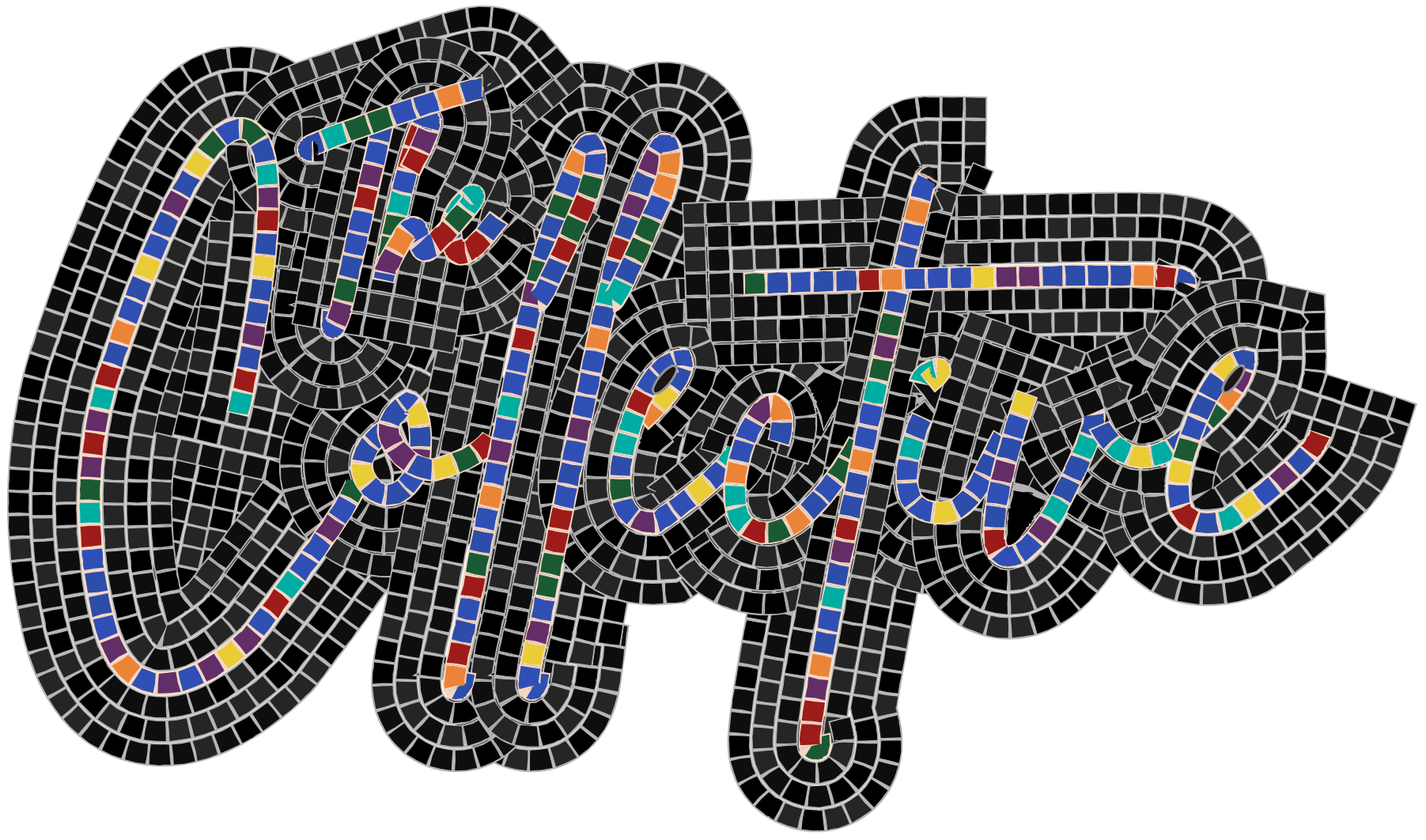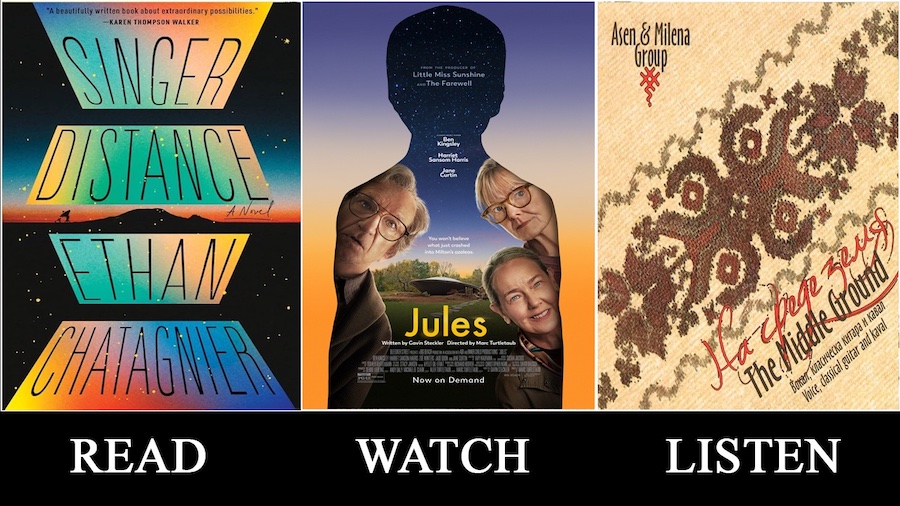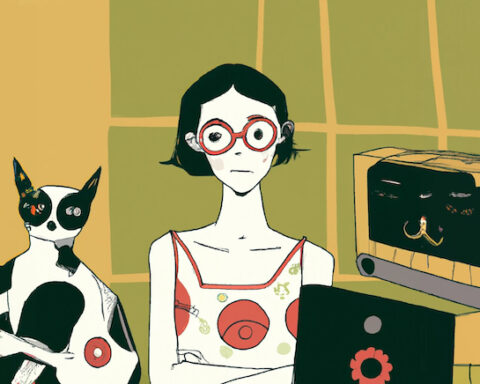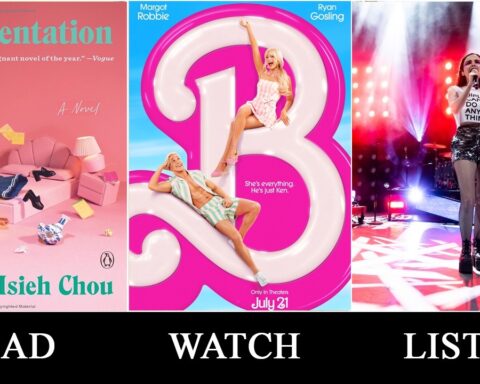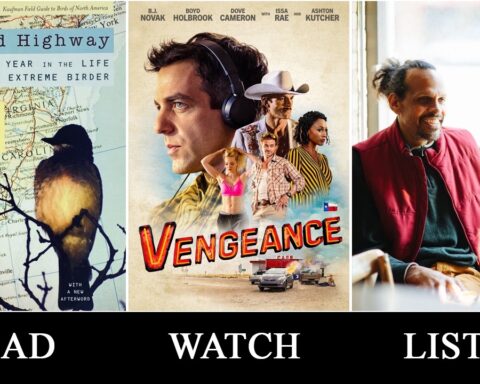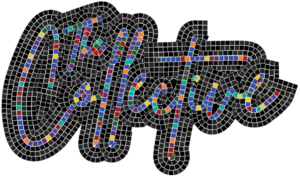This winter issue invites Collective readers to share in a season of stillness, and to chase the luminous promise of worlds beyond and worlds within. We hope you’ll savor listening, reflecting, and traveling alongside our writers, and that you’re inspired to consider: when your own busy world is hushed, what emerges in the silence?
Enjoy, and make sure to sign up for our newsletter so you’ll be notified anytime new content is shared!
READ, WATCH, LISTEN
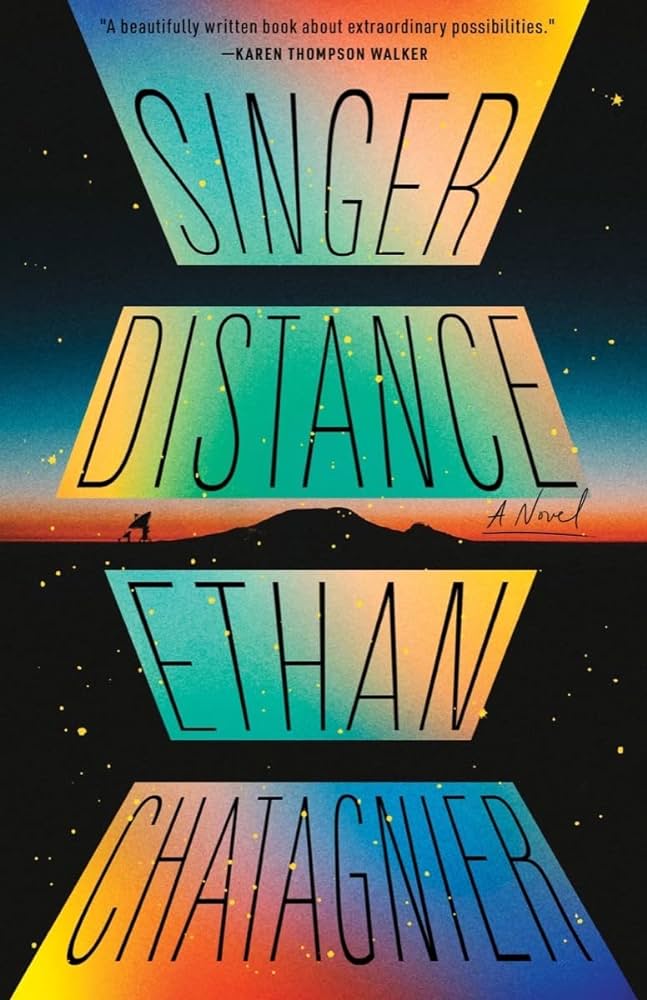
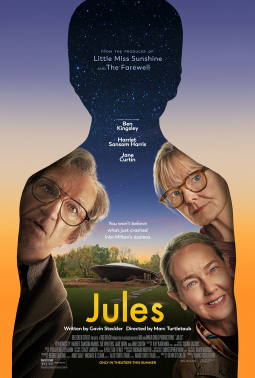
This winter, I recommend reading Ethan Chatagnier’s Singer Distance, a literary novel in which humans have communicated with Mars through the exchange of increasingly complicated mathematical equations inscribed onto the planets’ surfaces. Now it’s the 1960s—thirty years since anyone has solved the last Martian proof, and most think it’s impossible. But grad student Rick’s brilliant girlfriend Crystal Singer thinks she’s figured it out, a breakthrough about distance, though she seems slightly frenetic from the weight of the immense responsibility. Rick and a group of fellow MIT grads believe in her and set out west to display her proof in the desert. Soon after, however, Crystal mysteriously disappears, leaving Rick wondering how and if he’ll ever find her again. Chatagnier’s prose is beautiful and intimate, and the intellectual discussion of the intersections of distance, entropy, and relationships melded with various disciplines of language, math, science, and music is both fascinating and marvelous.
Also revolving around life beyond Earth is Marc Turtletaub’s Jules (2023), a weird and wondrous film about Milton (Ben Kingsley), an elderly man whose main concern is complaining about the town’s motto at city council meetings—until an alien spaceship lands in his backyard. Though he’s intent on hiding the creature who emerges, it’s not long before two nosy spinsters (Jane Curtin and Harriet Sansom Harris) get involved, and the three care for the extraterrestrial together; they even name him Jules. At first quirky and comedic, the story gradually unfolds its many intellectual layers to reveal a sublime exploration of elder care, aging, and dementia.
And I’ve been listening to Tractus (October 2023), a mesmerizing new compilation of Arvo Pärt’s works from 1988-2014. The Estonian Philharmonic Chamber Choir and the Tallinn Chamber Orchestra perform, conducted by Tõnu Kaljuste. Three of the works are premiere recordings (L’abbé Agathon, Vater unser, and Veni creator), and many pieces are chamber orchestra versions of previously larger orchestra works. Additionally, Kaljuste created a new choir and chamber orchestra arrangement for the opening track Littlemore Tractus, originally for choir and organ. The text, coming from English cardinal and saint John Henry Newman’s 1843 sermon “Wisdom and Innocence,” serves as both an prayer to reflect and find peace not only after a day of the world’s busyness, but also at the end of one’s life. The album is united under this word Tractus: theological writings and a kind of singing that emerged in the third century Roman Catholic mass, making this compilation “like a Tractus in the liturgy of human life, a pause to look inwards and to perceive the present in eternity.”[1] The gorgeous music, by turns lush then sparse, is indeed reflective, spiritual, and immersive, and has accompanied me on many a cold evening drive this winter, shutting out the dark to create a sanctuary of stillness and transcendence.
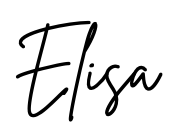
READ, WATCH, LISTEN
In the spirit of my strategically piecemeal way of reading-for-myself during this season (i.e., winter season, and also dissertation-writing season), I recommend two relatively digestible collections of essays (i.e., books in bite-sized pieces) that are currently feeding my soul.
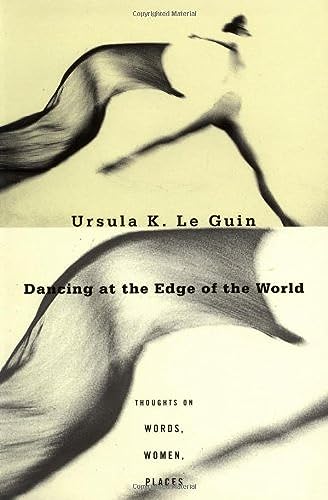
I’ve actually never read any of Ursula K. Le Guin’s famous works, but I’m enjoying a compilation of her essays and speeches, Dancing at the Edge of the World: Thoughts on Words, Women, and Places, lent to me by a friend. Le Guin’s ideas and language are supportive and compelling for me in processing my embodied experience across various personal and professional spheres in which I move. She writes against the idolization of objectivity and in favor of subverting dominant voices and narratives, urges readers/listeners to revalue “art” as something inherent in the human experience, and makes an argument for speaking “words of weakness” rather than “words of power.” Countering Le Guin’s assertion that print “never changes its mind,” the volume is organized chronologically, indeed displaying her shifts in thinking over the years, but she also offers a thoughtful thematic scheme (feminism, social responsibility, literature, and travel) to allow diverse readers options for perusing as per their interests.

Ross Gay’s Inciting Joy has been a slow burn for me over the last year but was especially close to my heart in late November as my grandfather passed. I’ve written before about how Gay’s writing hinges on radical interdependence and critical joy — on the earthy deliciousness of being alive, in a place, with other beings — and this newest book leans into that explicitly, asking “what happens if joy is not separate from pain? What if joy and pain are fundamentally tangled up with one another? Or even more to the point, what if joy is not only entangled with pain, or suffering, or sorrow, but is also what emerges from how we care for each other through those things?” The first incitement proposes a potluck of sorrows as a way for friends and loved ones to tap into (and bond over) this joy-and-pain entanglement. The second deals with the death of Gay’s father, an especially touching companion for those walking through grief. The third is an elegy to gardens and families and their overlaps, categorical and experiential. There’s an essay about skateboarding. One about the joy-and-pain that is losing one’s phone. Honestly, the whole book is a heartbreaking romp in the absolute best way, and I can’t recommend it enough.
I’ve admittedly used my very limited TV time this winter to languish in quasi-comfort content — i.e., in this case, screen adaptations of my go-to girlhood gems: Little Women, Anne of Green Gables, etc. (white girl sh*t, I know). Nothing particularly cutting-edge to see here, just a much-needed turn back and inward, a reflection on my roots and on their various artistic renderings in the present. Quasi-comfort aside, it’s compelling to see aesthetic approaches and storytelling strategies shift over time, to consider cross-modal representations of female leads across the centuries, and to ask what book-to-movie decisions and cinematic innovations engender true criticality — what aspects of these stories are timeless, where might updates or expansions be called for (what harm do these stories do that re-tellings might aim to rectify?), and what updates/expansions are useful or effective in pushing “the conversation” forward (are the re-tellings themselves harmful, or helpful?)?
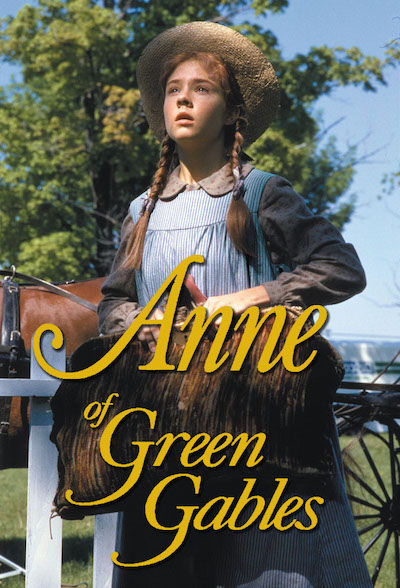
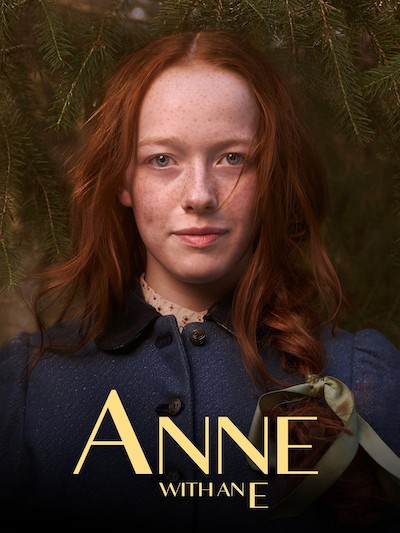
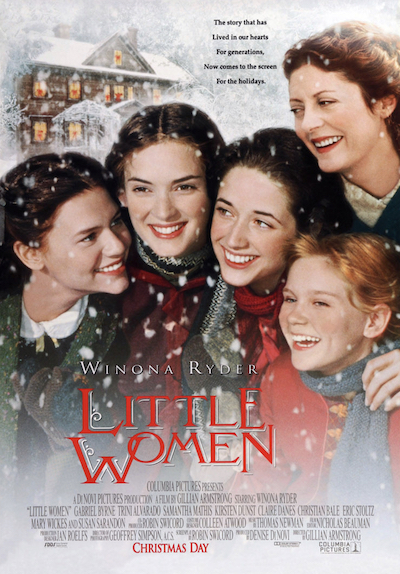
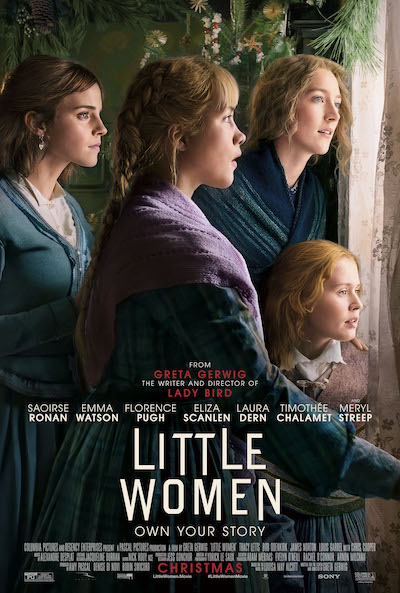
Sonically, I’m immersed in Bulgarian music, as usual; this season, it’s a 2011 album called The Middle Ground (На среде земя) by Asen & Milena Group — vocals, classical guitar, and kaval (traditional wooden flute of the Balkans) — who perform arranged Bulgarian traditional music with a quasi-classical sound. Between its many slow, lyrical songs and the muted sweetness brought by the classical guitar, the album offers a slightly more subdued musical experience than one may typically encounter in Bulgarian music; perfect for contemplative winter listening with just a touch of ethereal otherworldliness. And their interpretations don’t lack for fun sound sampling: “Bachiana Bulgara” bridges baroque and Bulgarian sonic realms with the help of the cello; “Lullaby” samples the song-like coos and gurgles of a happy baby; and “Aide, Mome, Da Begame” uses clinking Balkan bells to evoke imagery of shepherding and village life. (A fun side note: the group’s kaval player, Hristian Georgiev, also plays with Oratnitza, whose music I wrote about here.)

1. Kai Kutman, “These Words . . .” liner notes for Arvo Pärt, Tractus, Estonian Philharmonic Chamber Choir and the Tallinn Chamber Orchestra, cond. Tõnu Kaljuste, recorded September 2022, ECM New Series 2800 4859166, October 2023, CD, 22.
Thanks for reading, and we’ll see you next time!
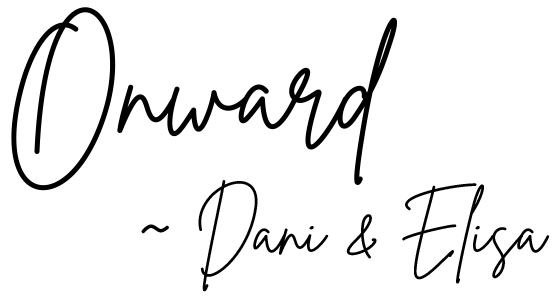
Articles in the Winter 2024 issue:
- Movement Mapping the Nueva Canción Chilena Nueva by Mona Sangesland
- Nugget Winter 2024: Media mélange by Contributing Writers
